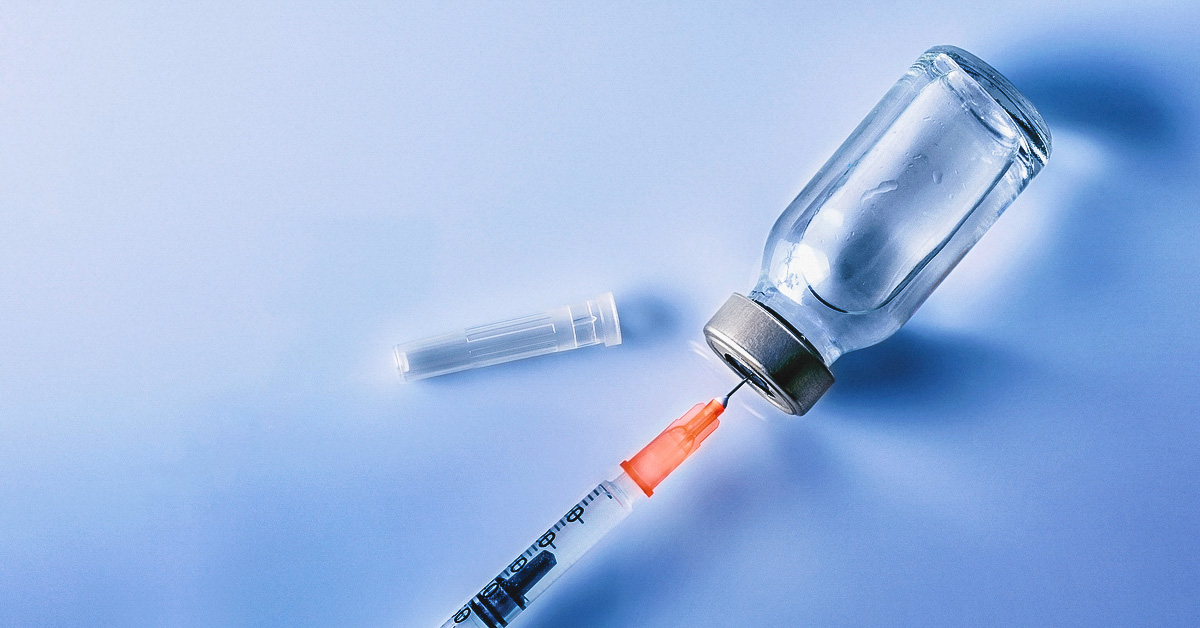Creating Hope and Healing in Any Situation
Happy Holidays! Thank you for reading and engaging with me on The Positive Contrarian this year. Today I am sharing one of my previous posts that focuses on the value of hope, something we all could use a little more of during the season of giving. I look forward to posting new content beginning the week of January… Read More »









